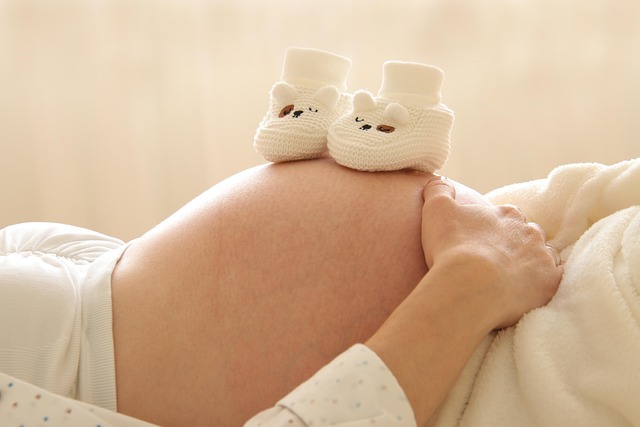Embarking on the journey of trying to conceive can be both exciting and daunting. You might find yourself asking how long it typically takes to get pregnant and what factors could influence this timeline. The good news? For approximately 90% of women, conception occurs without the need for medical intervention.
While many factors come into play, it’s essential to understand the process. Pregnancy begins with ovulation, when a mature egg is released from the ovaries and becomes available for fertilization by sperm. Engaging in intercourse during your ovulation window—typically around the midpoint of your menstrual cycle—significantly boosts your chances of conception. After fertilization, the egg travels to the uterus, where it can implant and develop into a pregnancy.
How Long Does It Take to Get Pregnant?
The time it takes to conceive varies widely among individuals. Factors such as age, health, and lifestyle can all play a role. On average, most couples conceive within six months to a year of trying. However, it’s essential to be aware of your unique circumstances and when it might be beneficial to consult a specialist. Resources like ACOG offer valuable insights on managing infertility.
What About After Stopping Birth Control?
If you’ve recently discontinued birth control, you may wonder how long it will take for your body to return to its natural cycle. For many, fertility can return quickly, often within a few cycles, but it can take longer for some. Understanding your cycle can help optimize your chances of conceiving.
Age and Fertility
Age is a significant factor in fertility. Women in their 20s and early 30s generally have the highest chances of conceiving. As women age, particularly after 35, fertility tends to decline, making it increasingly important to monitor your reproductive health.
Tips to Enhance Your Chances of Getting Pregnant
To maximize your chances of conception, consider tracking your ovulation through various methods, such as ovulation kits or fertility apps. A healthy lifestyle, including a balanced diet and regular exercise, can also support your reproductive health. If you’re exploring options like at-home insemination, check out Make A Mom for innovative solutions and a comprehensive guide on how it works.
When to Seek Help
If you’ve been trying to conceive for over a year without success (or six months if you’re over 35), it may be time to consult a fertility specialist. They can provide assessments and recommend treatments tailored to your needs. Additionally, if you’re experiencing changes in libido during pregnancy, you can find helpful information in our blog post on what causes low sex drive during pregnancy.
Summary
To summarize: The journey to pregnancy can vary significantly from person to person. While many conceive within a year, factors such as age, health, and lifestyle play crucial roles. Engaging in intercourse during your ovulation period enhances your chances, and resources like Make A Mom provide excellent support for those considering at-home insemination. Remember, if you have concerns about fertility, consulting with a healthcare professional can offer guidance and peace of mind. Joining groups like Make A Mom’s sperm donor matching community can also provide valuable support as you navigate this journey.

